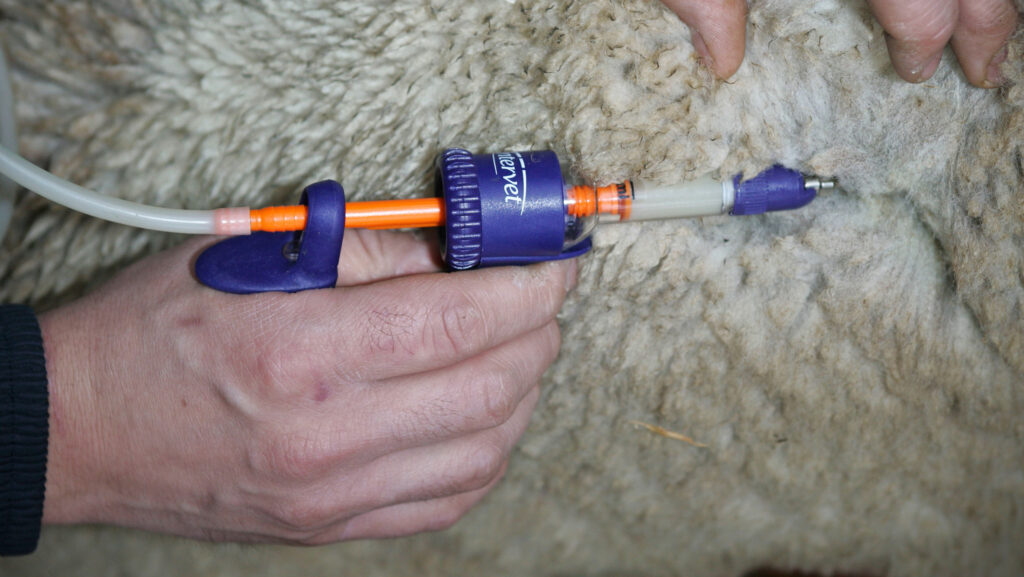Vaccinate breeding stock against bluetongue, Welsh vets warn
 © Tim Scrivener
© Tim Scrivener Vets in Wales have urged farmers to vaccinate their breeding stock as a matter of priority to protect their animals against bluetongue-related losses.
Bluetongue, including the current serotype BTV-3, is a notifiable disease and any suspicious cases must be reported to the Animal and Plant Health Agency (Apha).
Clinical signs for sheep include malaise, lameness, oral and nasal ulceration, red mucous membranes inside the mouth and around the eyes, conjunctivitis and ocular discharge, crusting on the nose or lips, and swelling and pain around or above the hoof.
Cattle have similar clinical signs, but can often go undetected with much milder symptoms.
See also: Bluetongue virus: What to look out for and how to manage it
“Examples from England have shown issues at calving time, including increased abortions and still births, calves born with deformities and dying quite quickly after being born,” explains Jim Hopkins, clinical director at Ceredigion-based Steffan Vets.
Fertility in both sheep and cattle can also be quite severely affected.
With midge activity increasing with warmer weather conditions, Mr Hopkins is urging farmers to get ahead of the game and vaccinate their stock.
There are three licensed vaccines available in the UK, including Bultavo-3, which is licensed for cattle and sheep.
Cattle require two doses, with a three-week gap between doses, while sheep require a single injection and gain full immunity within three weeks.
Prices
Vaccines cost around £2.50 a dose and there are 50 doses in a bottle. In Wales, 95,000 doses have been sold by vet practices so far.
“It’s been used a lot in Europe and in the East of England, and no adverse effects have been seen,” said Mr Hopkins.
“The vaccines are very safe and effective. We’re not guinea pigs over here.”
Those animals that have been vaccinated must be recorded online within 48 hours of vaccination and farmers will need their CPH number, list of ear tags and cattle numbers.
Details of excess doses must be returned to a veterinary practice.
“We don’t know when the virus is going to hit, but we know it’s going to take six weeks to get full immunity.
“It’s better to be ahead in that game than waiting for the virus to start affecting all your neighbours and then start to vaccinate,” he added.
Mr Hopkins advises farmers to prioritise their breeding stock and not to vaccinate stock for bluetongue while also undergoing bovine TB testing and injecting tuberculin.
Further guidance on bluetongue can be found on UK and Welsh government websites.
